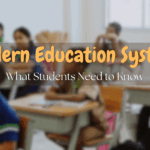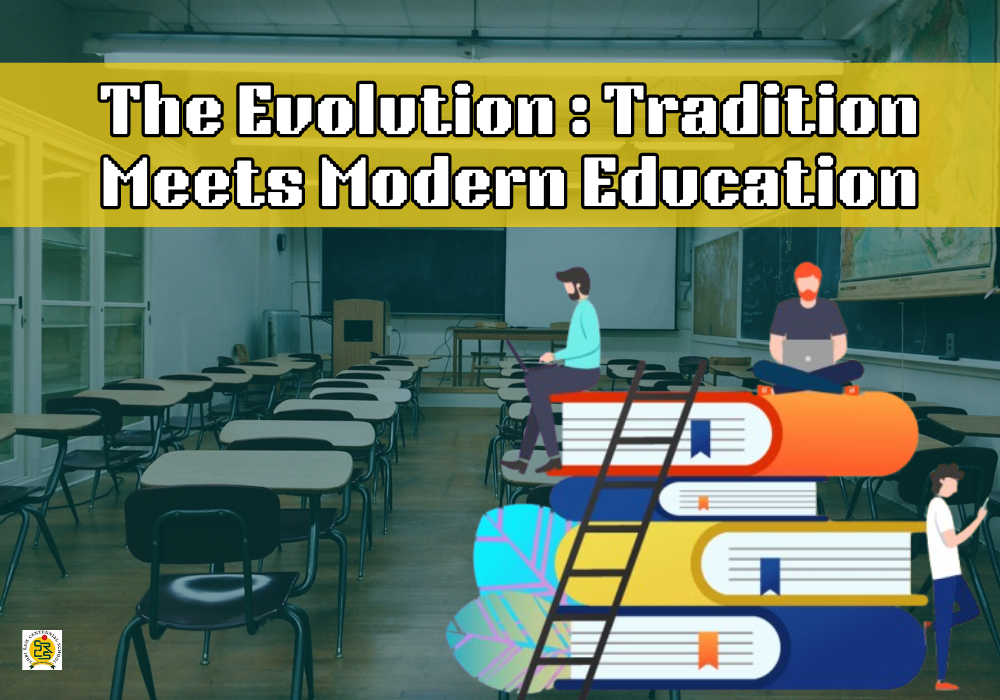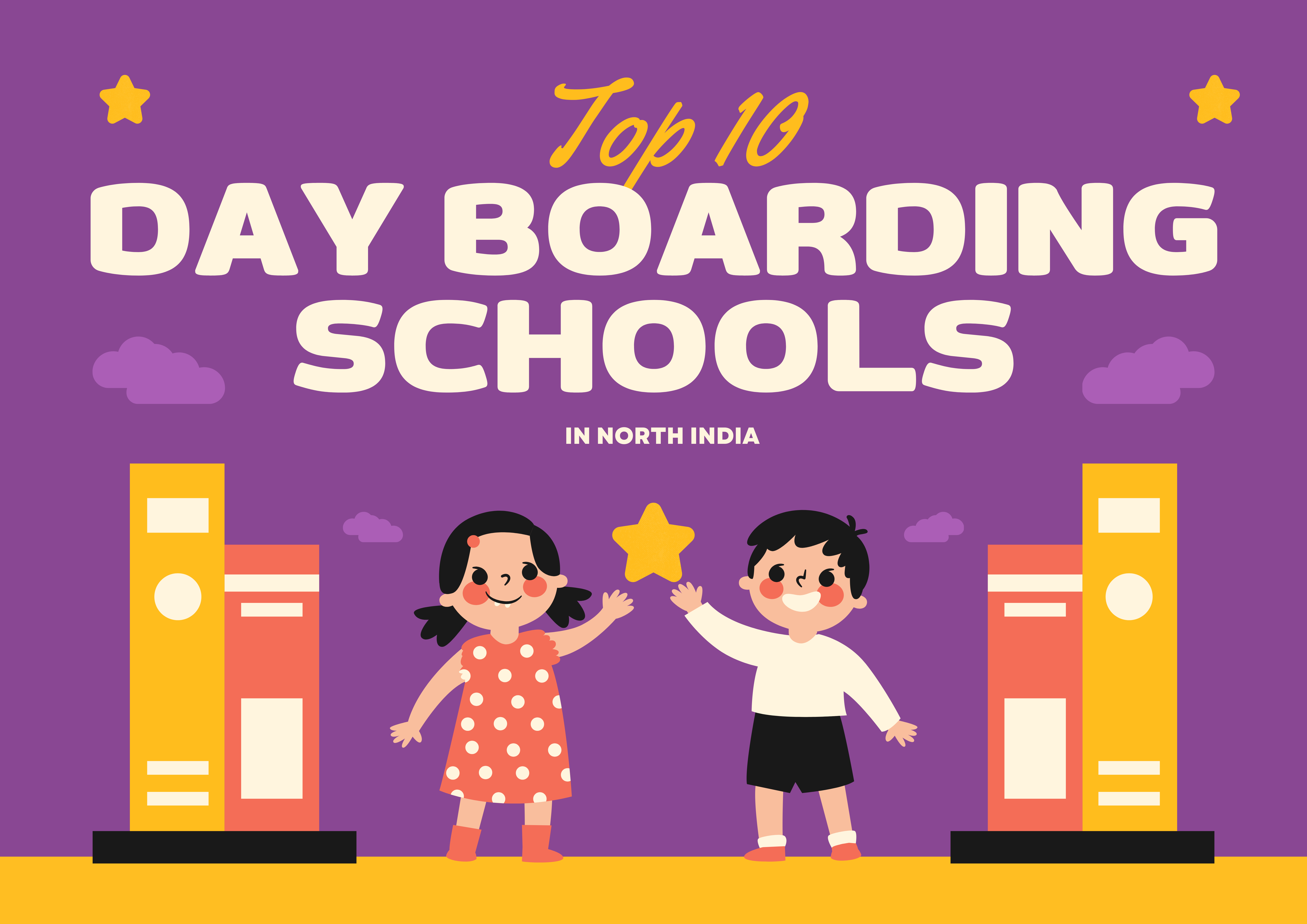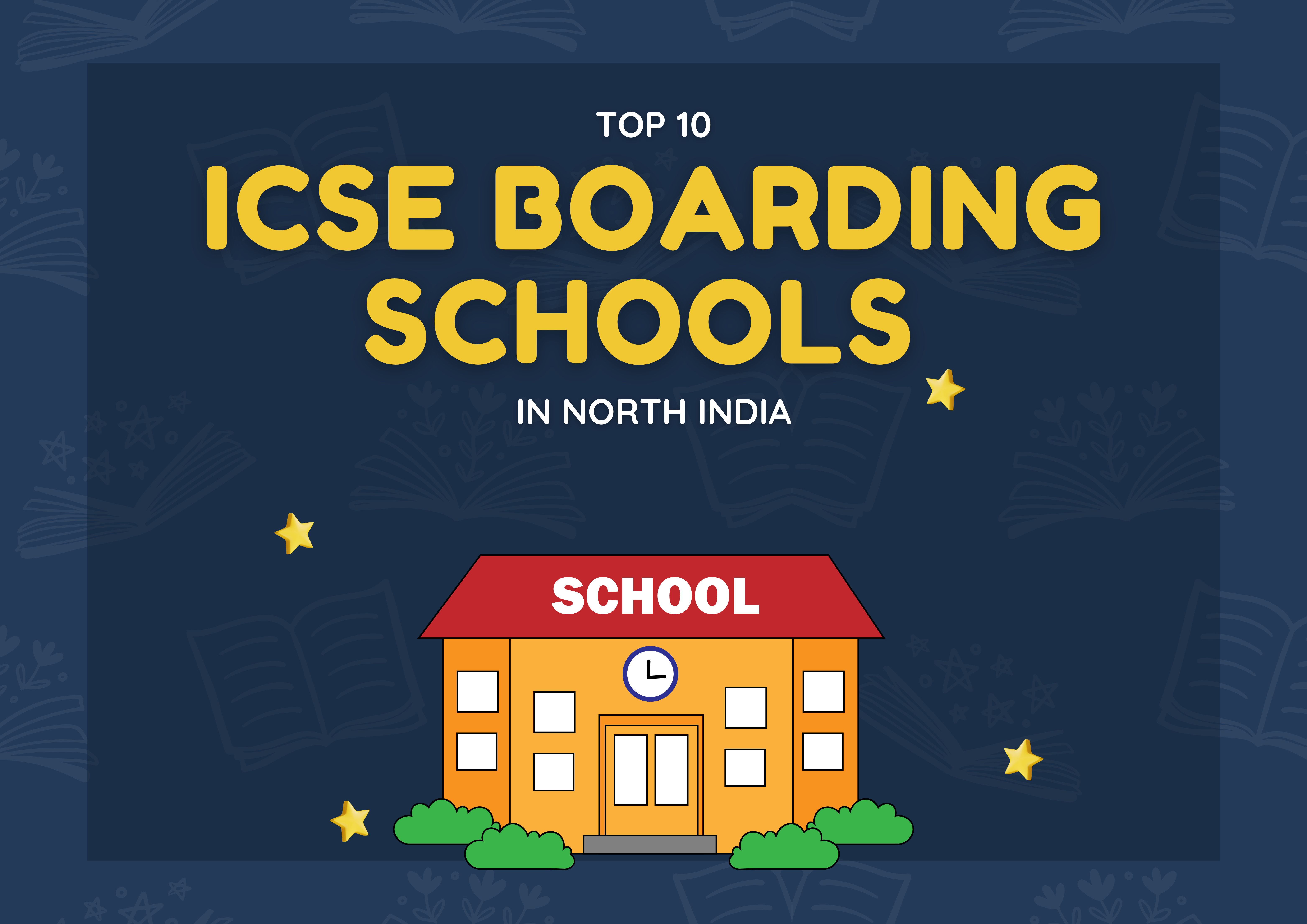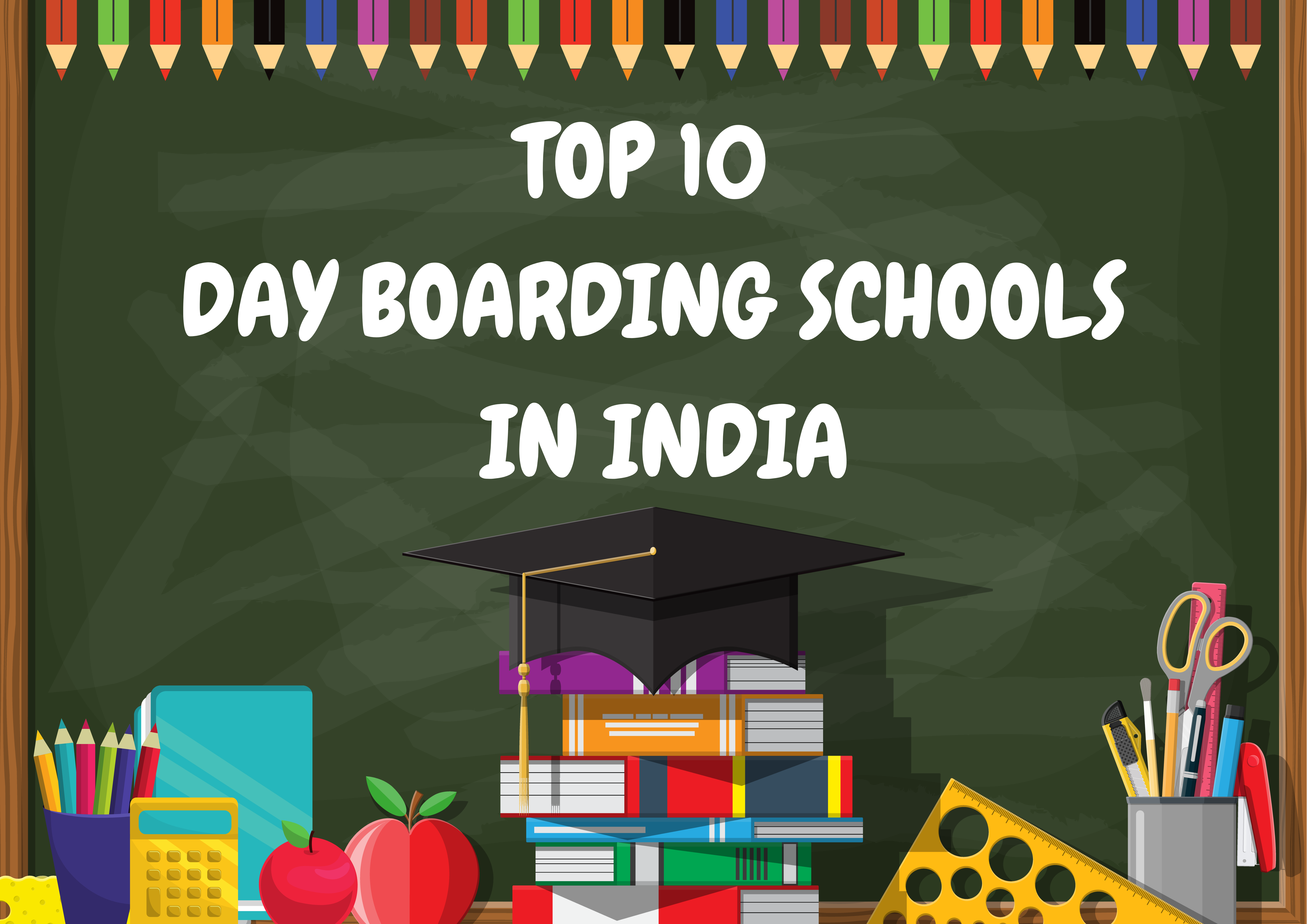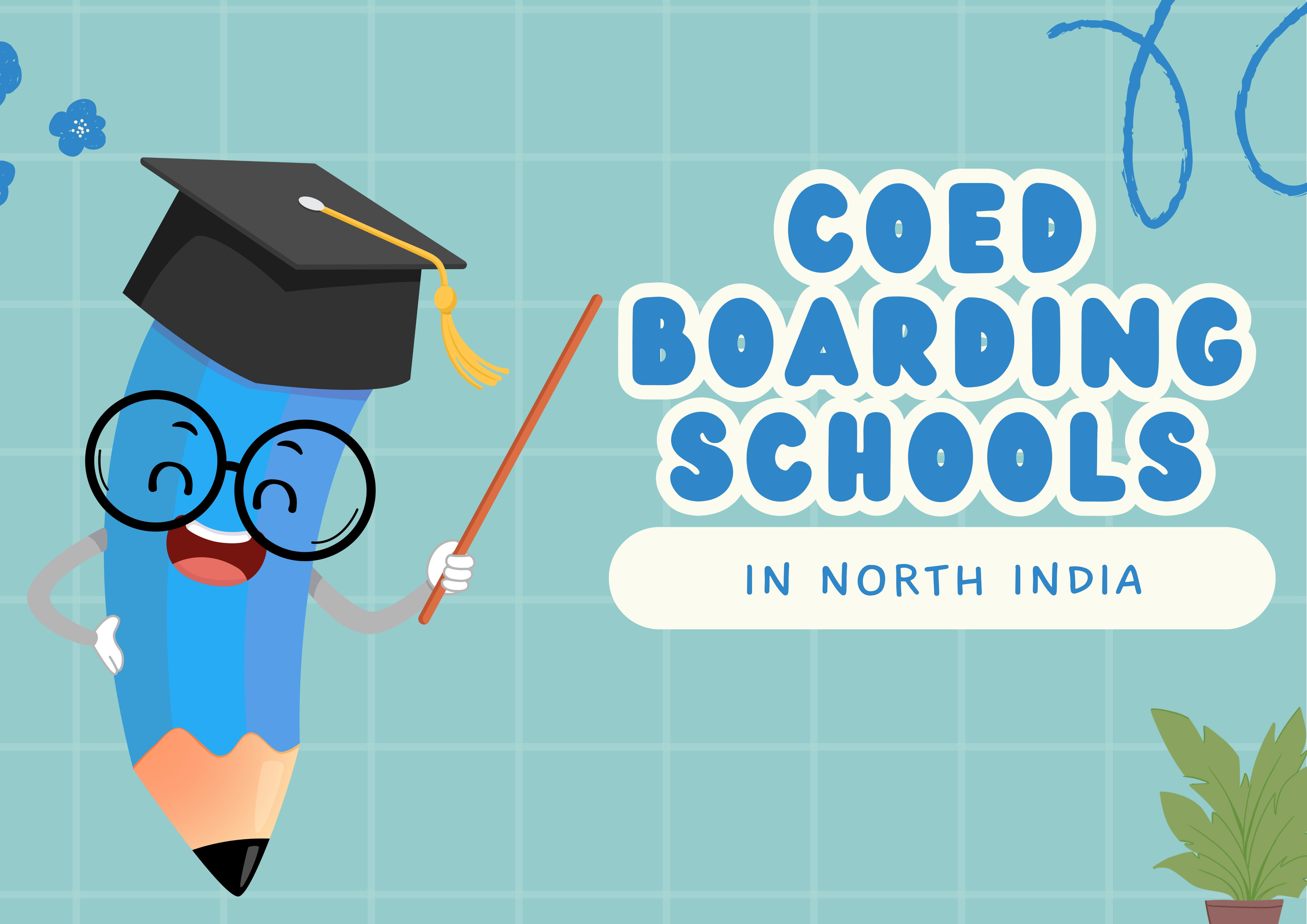Boarding schools have long been an essential part of India’s educational landscape, rooted in centuries of tradition. They have served as institutions where students not only gain academic knowledge but also develop discipline, leadership skills, and lifelong friendships. Over time, however, these schools have had to adapt to the changing needs of society and the growing demand for more innovative approaches to learning.
Today, modern education has significantly transformed boarding schools in India, combining the best aspects of tradition with cutting-edge educational techniques better to prepare students for a dynamic and rapidly evolving world.
The Roots of Traditional Boarding Schools
Historically, Indian boarding schools were modeled on the Gurukul system, where students lived with their teacher and learned a variety of subjects ranging from philosophy and literature to warfare and politics. The Gurukul emphasized discipline, respect, and holistic development, focusing not just on academic learning but also on character building and spiritual growth.
The early boarding schools of modern India carried forward many of these values, creating an environment where students lived under the supervision of teachers and housemasters, forming tight-knit communities. These schools became known for their rigorous academic standards, structured daily routines, and emphasis on moral values.
However, as society has evolved, so too has the demand for education that meets the needs of a more globalized and technologically advanced world. This has paved the way for the integration of modern education methods into India’s traditional boarding school framework.
The Rise of Modern Education in Boarding Schools

With the advancement of technology and a growing understanding of different learning styles, boarding schools in India began embracing modern education techniques. The goal was to create a more dynamic learning environment that not only fosters academic success but also prepares students for the challenges of the 21st century.
Modern education in boarding schools emphasizes personalized learning, critical thinking, and the integration of technology. Classrooms are no longer confined to textbooks and lectures. Instead, students engage in hands-on learning experiences, collaborate on projects, and use digital tools to enhance their understanding of the subject matter.
Blending Tradition with Modern Education
While many Indian boarding schools have adopted modern education practices, they still maintain the traditional values that have made them successful for generations. This blend of old and new creates a unique educational experience for students, providing them with the best of both worlds.
For example, many boarding schools continue to focus on discipline and personal responsibility, qualities that are essential for success both in school and later in life. At the same time, these schools recognize that students need more than just a strong work ethic to thrive in today’s world. They need to be adaptable, creative, and technologically savvy.
One way schools achieve this balance is by integrating technology into their traditional curriculum. In today’s boarding schools, it is not uncommon to see students using tablets or laptops during lessons, collaborating with peers on virtual platforms, or participating in global classrooms through online learning.
These tools allow students to access a wealth of information and educational resources that were previously unavailable, thus enhancing their learning experience.
How Modern Education Enhances Student Development
The introduction of modern education in boarding schools has also revolutionized how students are taught and how they develop essential life skills. One of the most significant benefits is the focus on personalized learning. Every student learns differently, and modern educational methods allow teachers to adapt their instruction to meet individual student needs.
In traditional settings, education was often one-size-fits-all, but modern education encourages more flexibility. Whether through online modules, flipped classrooms, or project-based learning, students have more opportunities to engage with content in ways that make sense to them.
Moreover, modern boarding schools place a greater emphasis on critical thinking and problem-solving skills. Instead of merely memorizing facts, students are encouraged to ask questions, explore different solutions, and think creatively. This approach prepares them for real-world challenges, where solutions are rarely straightforward and require an innovative mindset.
The Role of Technology in Modern Education
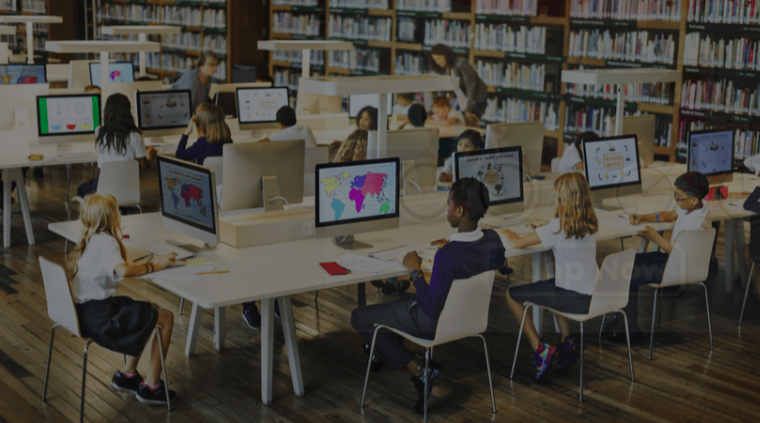
A hallmark of modern education is the use of technology in the classroom. Boarding schools in India are no exception, with many integrating digital tools to enhance learning. Smart classrooms, equipped with interactive whiteboards and projectors, allow teachers to present material in more engaging and dynamic ways. Educational apps and software provide students with additional resources for self-study and revision.
Furthermore, technology plays a crucial role in expanding access to learning. In the past, students in boarding schools were limited to the knowledge and resources available within the school’s walls.
Today, however, students can connect with experts and peers from around the world, participate in virtual workshops, and even take online courses from prestigious universities. This not only broadens their academic horizons but also helps them build a global perspective—an essential skill in today’s interconnected world.
Extracurricular Activities: A Key Element of Modern Education
In addition to academic instruction, modern education also emphasizes the importance of extracurricular activities. Indian boarding schools have always valued sports, arts, and leadership opportunities, but today’s schools are going a step further.
With the inclusion of technology and modern teaching methods, students are encouraged to pursue their passions outside of the classroom, whether it’s through coding clubs, environmental projects, or student-run enterprises.
These activities are essential for helping students develop a well-rounded skill set, which is crucial for their future success. By participating in extracurriculars, students learn teamwork, time management, leadership, and how to balance multiple responsibilities—skills that are highly valued in both higher education and the workplace.
Challenges of Adapting to Modern Education
While the integration of modern education into traditional boarding schools has brought many benefits, it is not without challenges. Schools must ensure that teachers are adequately trained in new technologies and teaching methods. There is also the issue of balancing the use of technology with screen time, ensuring that students spend enough time engaging in physical activities and face-to-face interactions.
Another challenge is maintaining the sense of community that is so vital to the boarding school experience. Technology can sometimes create a barrier between students, but many schools are addressing this by encouraging collaborative projects and group activities that blend online and offline learning.
Conclusion:
The evolution of Indian boarding schools from traditional institutions to hubs of modern education has created a unique and enriching experience for students. By combining time-honored values with cutting-edge technology and teaching methods, today’s boarding schools are better equipped to prepare students for the future. For parents and students, this means more opportunities, better education, and the chance to thrive in an ever-changing world.


